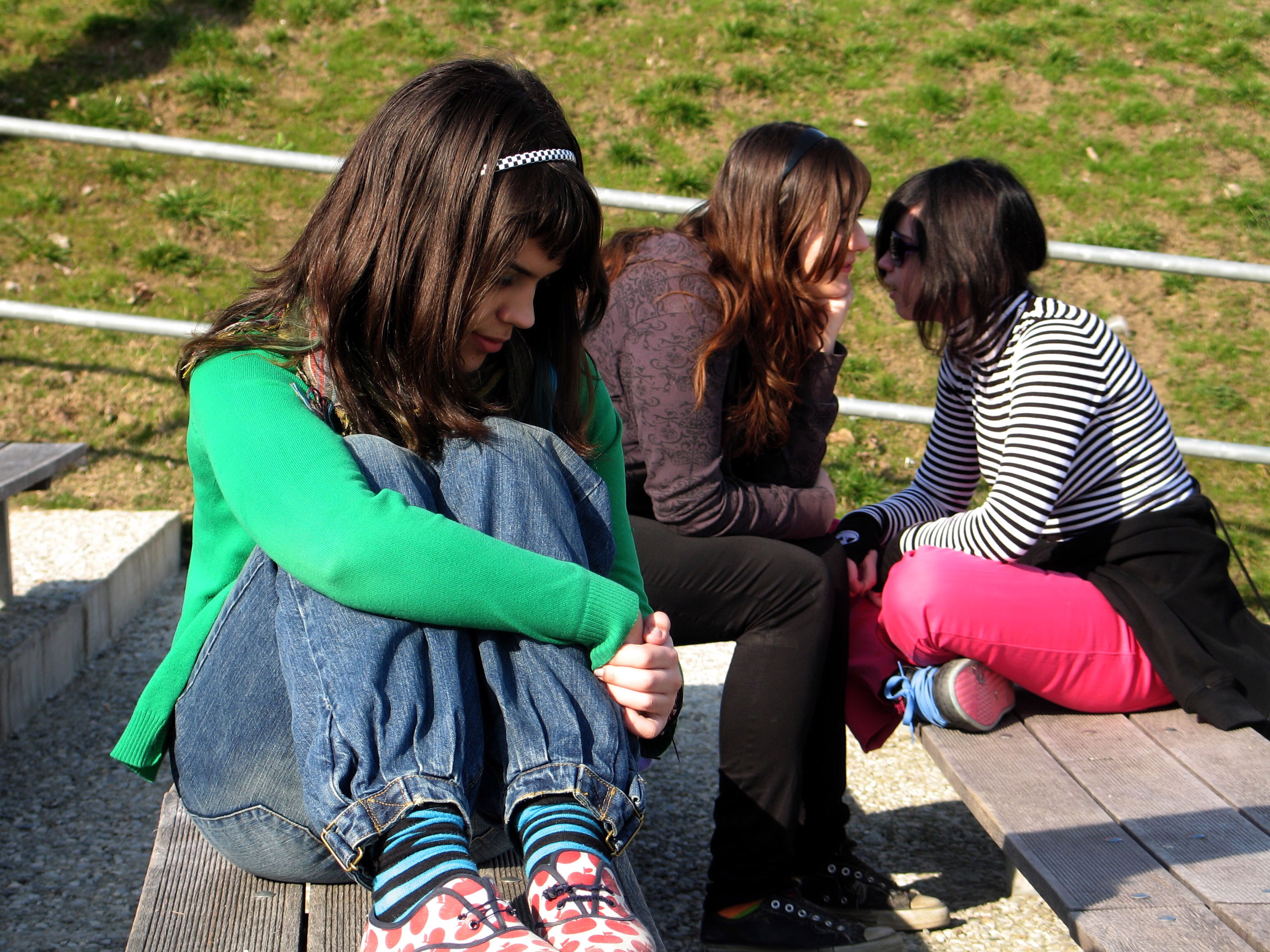 If your child has a food allergy, you may be concerned about her ability to fit in with others at school or in other social circles and how that may affect her confidence or self esteem. Below are five things you can do to help your child feel normal, despite her food allergy.
If your child has a food allergy, you may be concerned about her ability to fit in with others at school or in other social circles and how that may affect her confidence or self esteem. Below are five things you can do to help your child feel normal, despite her food allergy.
1. Be prepared: Think ahead as much as possible and always have food items on hand that will compare to food that may be offered at social activities they will be involved in. This could be something as simple as storing cupcakes or cookies in your freezer, or keeping some allergy free candy on hand.
2. Be involved: Be involved enough to know what events are coming up that will involve food and where you can intervene with an alternative food that is safe for your child. The more involved you are, the easier it will be to recognize opportunities to replace a cannot with an empowering can.
3. Communicate: Communicate with your child’s school teachers and other caregivers about your child’s allergy and desire to have replacement choices when food is offered rather than just have your child excluded from the treat entirely. Inform these people about safe alternatives for your child that are easy for them to implement and invite them to give you a heads up about food in the classroom so that you can bring in or send acceptable replacements for your child in advance.
4. Teach: Teach your child about what to expect when food is offered in social events and how to politely and discreetly abstain from the food without drawing unnecessary attention to herself.
5. Stay Positive: Your child monitors your attitude, reflecting and magnifying what you portray. The more positive you are, the more empowered she will feel about her situation and the better able she will be to handle social events where food is involved. Alternatively, if your child feels that her situation is overwhelming for you to deal with, she is more likely to feel ostracized from others. Finally, your child is not the only person that will reflect your attitude. Your attitude will rub off on and be magnified by your child’s school teachers and other adults that you may ask to accommodate your child’s allergies, so make sure you are as positive and empowering as possible, rather than put out or desperate.
Remember to subscribe to our site and browse our past articles for more parenting tips and advice about handling social situations, coping with food allergies and improving your kids’ health.





